6 start with R start with R
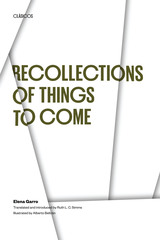
This remarkable first novel depicts life in the small Mexican town of Ixtepec during the grim days of the Revolution. The town tells its own story against a variegated background of political change, religious persecution, and social unrest. Elena Garro, who has also won a high reputation as a playwright, is a masterly storyteller. Although her plot is dramatically intense and suspenseful, the novel does not depend for its effectiveness on narrative continuity. It is a book of episodes, one that leaves the reader with a series of vivid impressions. The colors are bright, the smells pungent, the many characters clearly drawn in a few bold strokes. Octavio Paz, the distinguished poet and critic, has written that it "is truly an extraordinnary work, one of the most perfect creations in contemporary Latin American literature."
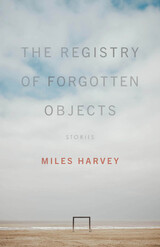
In this haunting debut collection, best-selling author Miles Harvey probes the mysterious relationship between human longings and the secret lives of inanimate objects. In one story, an artist discovers an uncanny ability to transform modern sculptures into priceless ancient treasures. In another, a teenager experiences visions of other people’s pasts while vandalizing their abandoned houses. In a third, a grieving couple returns again and again to the beach where their son disappeared, pulling plastic bottles, fishing nets, buoys, and other bits of beach trash from the surf “as if those random bits of wreckage were the untranslated hieroglyphs of some secret language that might help them understand their loss.”
Harvey—whose work Dave Eggers called “ludicrously unputdownable”—delivers a constellation of stories that explore the gravitational pull of material things: how they drift into and out of our hands, how they assume new meanings, and the ways they serve as conduits between the present and past, the everyday and incomprehensible. Most of all, he explores how these objects have the power to reveal strange and moving facets of the human condition.
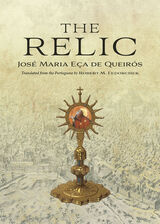

“The cold increases with the clarity,” said Thomas Bernhard while accepting a major literary prize in 1965. That clarity was the postwar realization that the West’s last remaining cultural reference points were being swept away by the ever-greater commodification of humankind. Collecting five stylistically transitional tales by Bernhard, all of which take place in sites of extreme cold, this volume extends that bleak vision of the master Austrian storyteller.
In “Ungenach,” the reluctant heir of an enormous estate chooses to give away his legacy to an assortment of oddballs as he discovers the past of his older brother, who was murdered during a career in futile colonialist philanthropy. In “The Weatherproof Cape,” a lawyer tries to maintain a sense of familial solidarity with a now-dead client with the help of an unremarkable piece of clothing. “Midland in Stilfs” casts a jaundiced eye on the laughable efforts of a cosmopolitan foreigner to attain local authenticity on a moribund Alpine farmstead. In “At the Ortler,” two middle-aged brothers—one a scientist, the other an acrobat—meditate on their unusual career paths while they climb a mountain to reclaim a long-abandoned family property. And in “At the Timberline,” the unexpected arrival of a young couple in a mountain village leads to the discovery of a scandalous crime that casts a shadow on the personal life of the policeman investigating it.
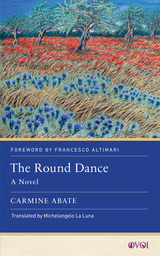
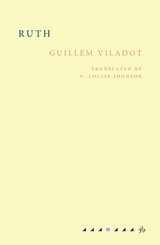
How does someone experience things from the viewpoint of the other sex? It is this question that has led to Guillem Vildot’s creation of Ruth, the genre-defining story of a sex change told by the protagonist through a series of letters to an anonymous friend. Demonstrating the sentimental and intellectual intimacy of a man transitioning into a woman, Ruth describes a profound, touching process in which frustrations, ideas of liberty, and changes of identity are interwoven.
Without descending into easy morbidity or sensationalism, Viladot expresses his indignation at the limitations of both masculine and feminine sensibilities, while championing diversity of thought, love, liberty, and, most importantly, desire.
READERS
Browse our collection.
PUBLISHERS
See BiblioVault's publisher services.
STUDENT SERVICES
Files for college accessibility offices.
UChicago Accessibility Resources
home | accessibility | search | about | contact us
BiblioVault ® 2001 - 2024
The University of Chicago Press









